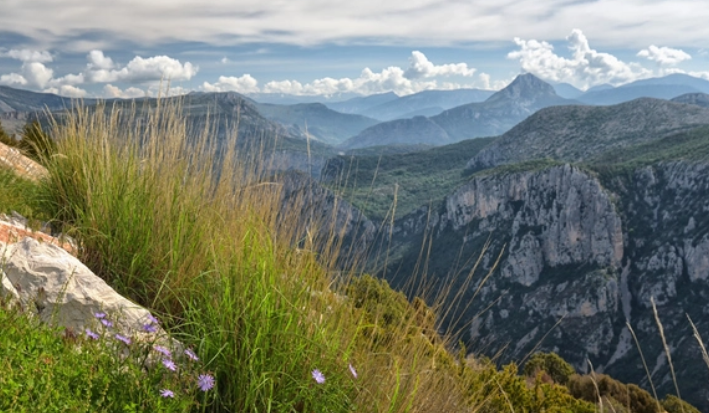 Bloc must take 'urgent action' to address climate emissions, biodiversity loss and natural resource use, warns European Environment Agency
Bloc must take 'urgent action' to address climate emissions, biodiversity loss and natural resource use, warns European Environment Agency
Europe is set to miss its 2030 climate and energy goals unless it takes radical action to accelerate and scale up action to cut greenhouse gas emissions and enhance biodiversity across the continent, according to the European Environment Agency's (EEA) latest State of the Environment report launched today.
Although Europe has made "significant progress" over the last 20 years to reduce its contribution to climate change, erfforts to date are not enough to put the region on a sustainable development path, the report concludes.
Europe has cut its greenhouse gas emissions 22 per cent compared to 1990 levels, ahead of other nations and regions but still not fast enough to keep warming below two degrees.
In particular, progress on cutting industrial emissions, improving energy efficiency and boosting the role of renewables will be crucial to the bloc meeting its long-term climate goals.
Meanwhile, only two of the bloc's 2020 biodiversity targets are set to be met, with the EEA predicting "further deterioration" of air, water and soil quality if current trends continue.
Hans Bruyninckx, the EEA's executive director, warned Europe's environment is "at a tipping point".
"We have a narrow window of opportunity in the next decade to scale up measures to protect nature, lessen the impacts of climate change and radically reduce our consumption of natural resources," he said. "Our assessment shows that incremental changes have resulted in progress in some areas but not nearly enough to meet our long-term goals."
If Europe is to achieve its sustainability and climate ambitions, it first needs to fully implement existing environmental policies - a move the EEA argues will take Europe "a long way" to helping it achieve its environmental goals.
The bloc should also build on its Sustainable Finance Action Plan to drive more private sector capital into low-carbon infrastructure, and amend public procurement systems to ensure all public funds support low-carbon innovation and nature-based solutions, the EEA said.
Frans Timmermans, executive vice president responsible for the EU Green Deal in the new European Commission, which took office this weekend, stressed the report will give EU officials the "added impetus" to take concerted action on the environment in the new Commission.
"In the next five years we will put in place a truly transformative agenda, rolling out new clean technologies, helping citizens to adapt to new job opportunities and changing industries, and shifting to cleaner and more efficient mobility systems and more sustainable food and farming," he insisted.
"There will be multiple benefits for Europe and for Europeans if we get this right, and our economy and our planet will be winners too. This is an urgent global challenge, and a unique opportunity for Europe."